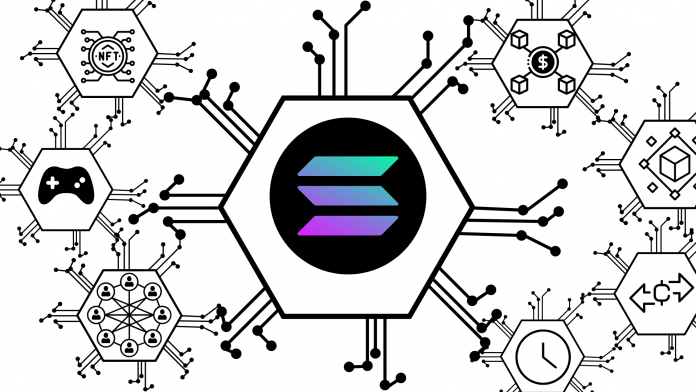Solana is a blockchain network created by Anatoly Yakovenko, who named it after a small South Californian coastal city. It was first conceptualized in 2017 through the publication of its whitepaper but launched three years later in March 2020. Since then, the network has become one of the more popular chains in the industry due to its lower gas fees and fast transaction speeds. It is even considered by many as the main competition for Ethereum.
Yakovenko, a former software engineer before joining the blockchain industry, developed a consensus mechanism, or a process used to verify transactions on the blockchain, to address problems related to scalability and slow transaction times. Along with his team, they introduced a Proof-of-History (PoH) mechanism which Solana currently runs on. PoH improves on the current mechanisms by adding a time-based component into the mix, allowing the blockchain network to establish a historical record of events.
The chain also houses various DeFi protocols, blockchain games, and other crypto projects. Jupiter, Orca, and Drift are some of the decentralized exchanges on the Solana network, while Marinade Finance and Jito are some staking protocols native to the Solana blockchain. The network also has some popular blockchain games built on it. Star Atlas, Aurory, and Nyan Heroes are some examples.
However, Solana isn’t a perfect blockchain as the network has seen its fair share of negative experiences. The blockchain suffers from occasional network outages, with the longest being 20 hours in February 2023. Solana also has close ties with FTX and was severely affected by the collapse of the exchange back in 2022.
$SOL is the main token of the Solana ecosystem. It reached its peak price in November of 2021 with an all-time high of $259.96 (~P14,600) but reached a low of nearly $12 (~P670) in November of 2022 due to the collapse of FTX. The token has recently crossed the $200 (~P11,000) mark in March of this year. $SOL is available on most major exchanges in the Philippines.


